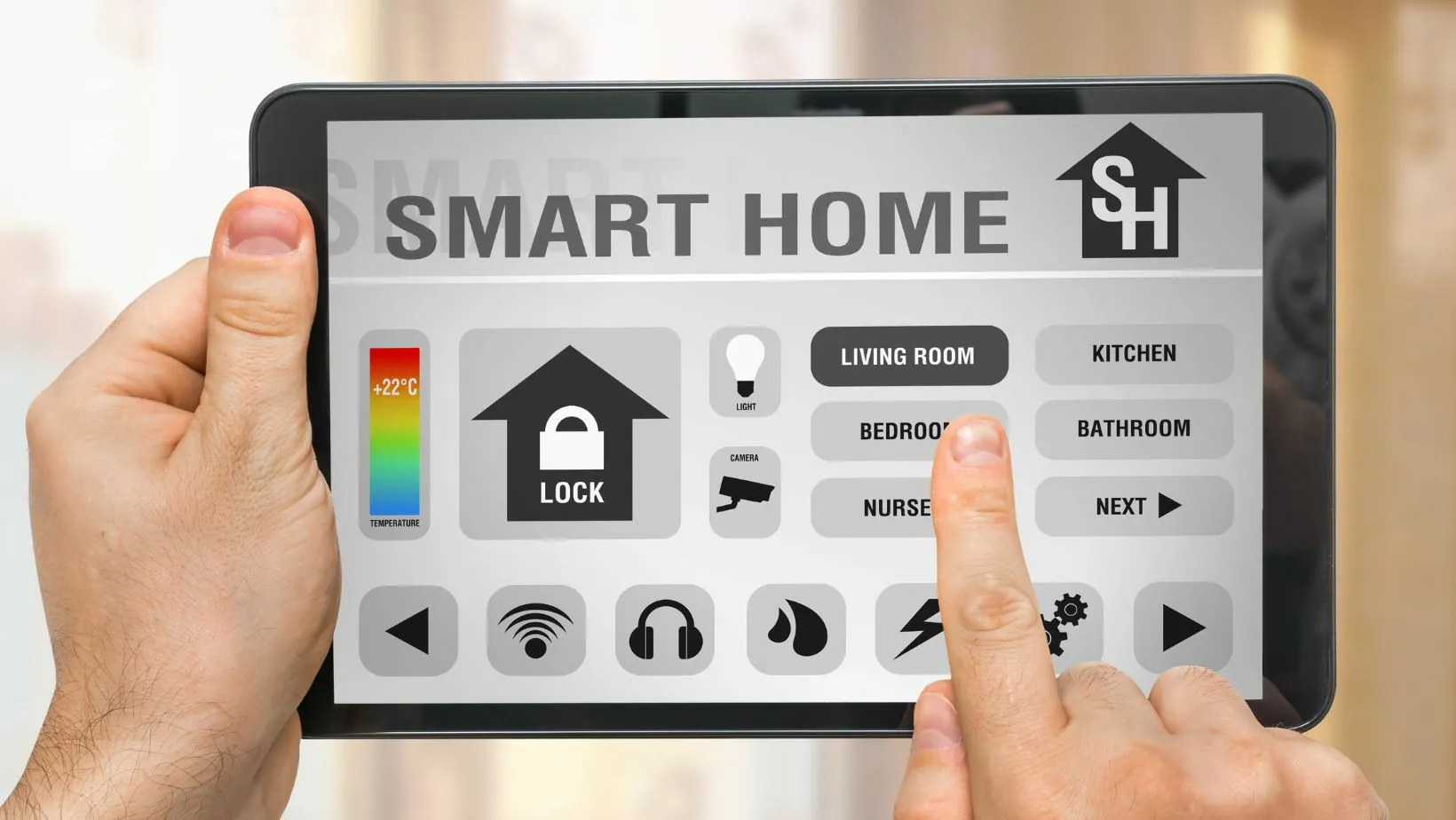Table of Contents
ToggleEver wondered what those numbers in an IP address truly mean? You’re not alone. IP addresses may seem like just a string of digits, but they’re the unsung heroes of our internet experience. If there were a superhero for your online connections, it would be the IP address. Join us as we unravel the enigma of 202.12.80.26, diving into its significance, usage, and everything in between. Grab a snack, and let’s decode the digital realm together.
202.12.80.26

An IP address, or Internet Protocol address, is essentially your device’s digital identifier on the vast ocean of the internet. It helps locate devices and route information in an efficient manner. Think of it as the mailing address for your online presence, ensuring that data arrives at the right location without ending up in the virtual version of the Bermuda Triangle.
The Structure of IPv4 Addresses
IPv4, or Internet Protocol version 4, is the most commonly used version of IP addresses today. Each IPv4 address consists of four sets of numbers, ranging from 0 to 255, separated by periods. For example, in the case of 202.12.80.26, you have a total of four octets: 202, 12, 80, and 26. This structure allows a staggering total of over 4 billion possible unique addresses, but fear not. Still plenty of room in the universe of internet connectivity.
Public vs. Private IP Addresses
A crucial distinction exists between public and private IP addresses. Public IPs are like your home address, visible to the outside world and assigned by your Internet Service Provider (ISP). On the other hand, private IP addresses function within your personal network, such as those on your Wi-Fi router, hidden from the prying eyes of the broader internet. Each serves a unique purpose, helping manage connectivity and enhancing network security.
What Is 202.12.80.26?
Now that you know what an IP address is, let’s focus on our star player: 202.12.80.26. This specific IP carries its own tale, filled with geographic and operational significance.
Geolocation and Ownership
Initially, one might wonder where in the world 202.12.80.26 resides. This IP address is registered in the Asia-Pacific region, which gives us valuable clues about its operational capacity. The ownership ties back to an entity that plays a vital role in providing services like hosting or internet connectivity. By performing a simple IP lookup, one can almost always find out who owns the address and where it’s based geographically.
Common Uses for This IP Address
Sometimes, IP addresses like 202.12.80.26 serve diverse roles depending on their specific configuration. People often use it for web hosting, network services, or as part of a shared infrastructure. Eventually, knowing how and where this IP address is used can aid in optimizing internet experiences and understanding potential connectivity influences.
How to Check an IP Address’s Details
Checking the details of an IP address has never been easier. Various tools are at your disposal, ensuring you can fetch the information you need in mere moments.
Tools for IP Lookup
A plethora of online tools can help anyone get detailed data on an IP address. Websites like “Whois.net” or “IP Location” provide insights into location, ownership, and even the hosting entity. All you need to do is enter the IP address and hit search, voilà. You have instant information at your fingertips.
Interpreting IP Address Information
Understanding the data collected from an IP lookup is equally vital. You might find location data that explains where the IP resides, and the organization that owns it plays a significant role in deciphering how the IP is utilized. Also, technical details such as network type, speed capabilities, and security ratings can help gauge the reliability of the IP address.
Security Implications of 202.12.80.26
While exploring the internet with IP addresses like 202.12.80.26, one must always consider the security implications. Things can get a tad murky without the proper understanding and precautions.
Risks Associated with IP Addresses
IP addresses hold a wealth of information. Knowing a person’s IP can expose crucial details about their geographical location and internet service provider. Unfortunately, this information can lead to issues like hacking or unwanted attention from malicious entities. Hence, staying aware of the risks associated with IP addresses can protect users from various cyber threats.
How to Safeguard Your Network
In an age where cyber threats loom large, safeguarding your network is paramount. Use a Virtual Private Network (VPN) to obscure your true IP address while browsing the web. Firewalls serve as an added layer of protection, helping filter incoming and outgoing traffic, providing users with peace of mind while exploring the digital space.







